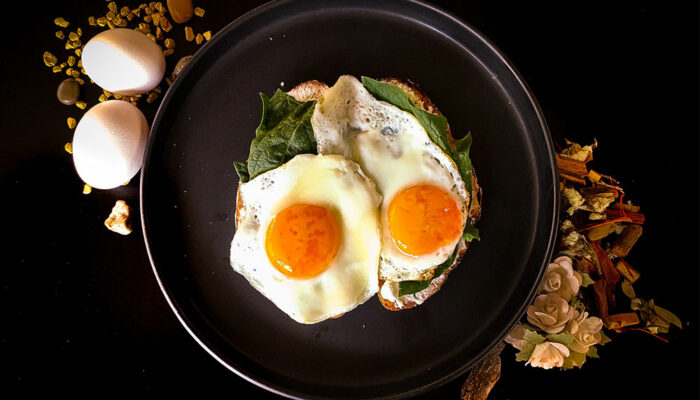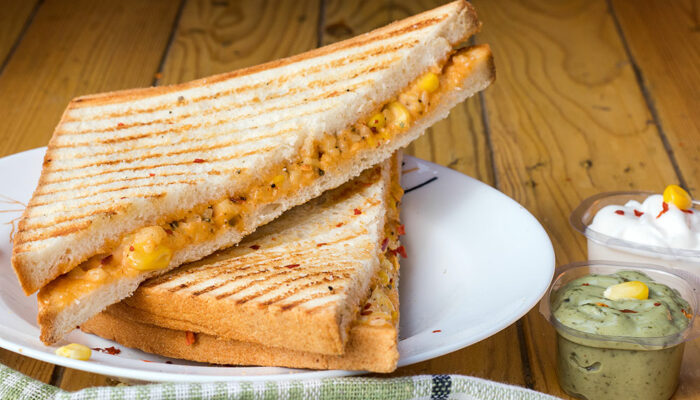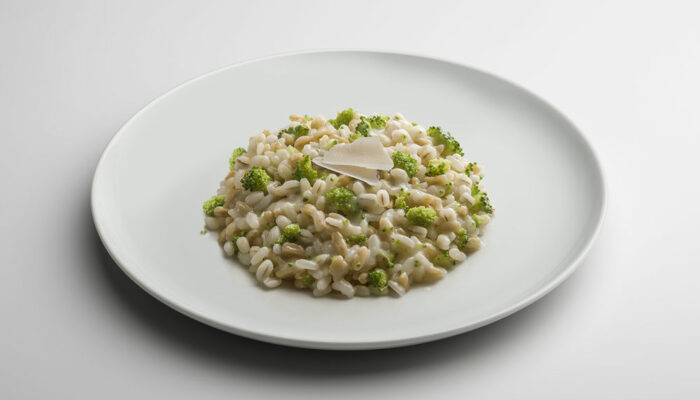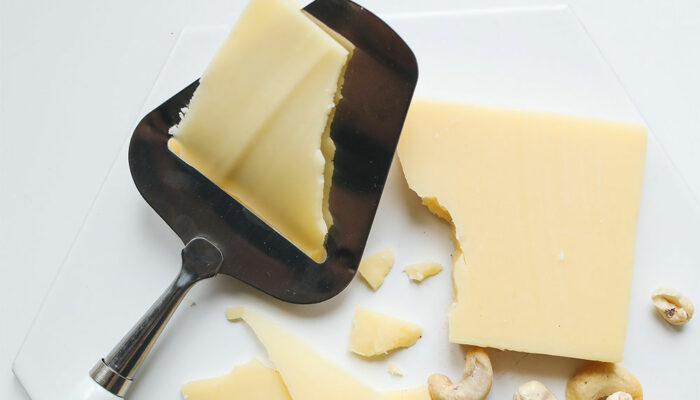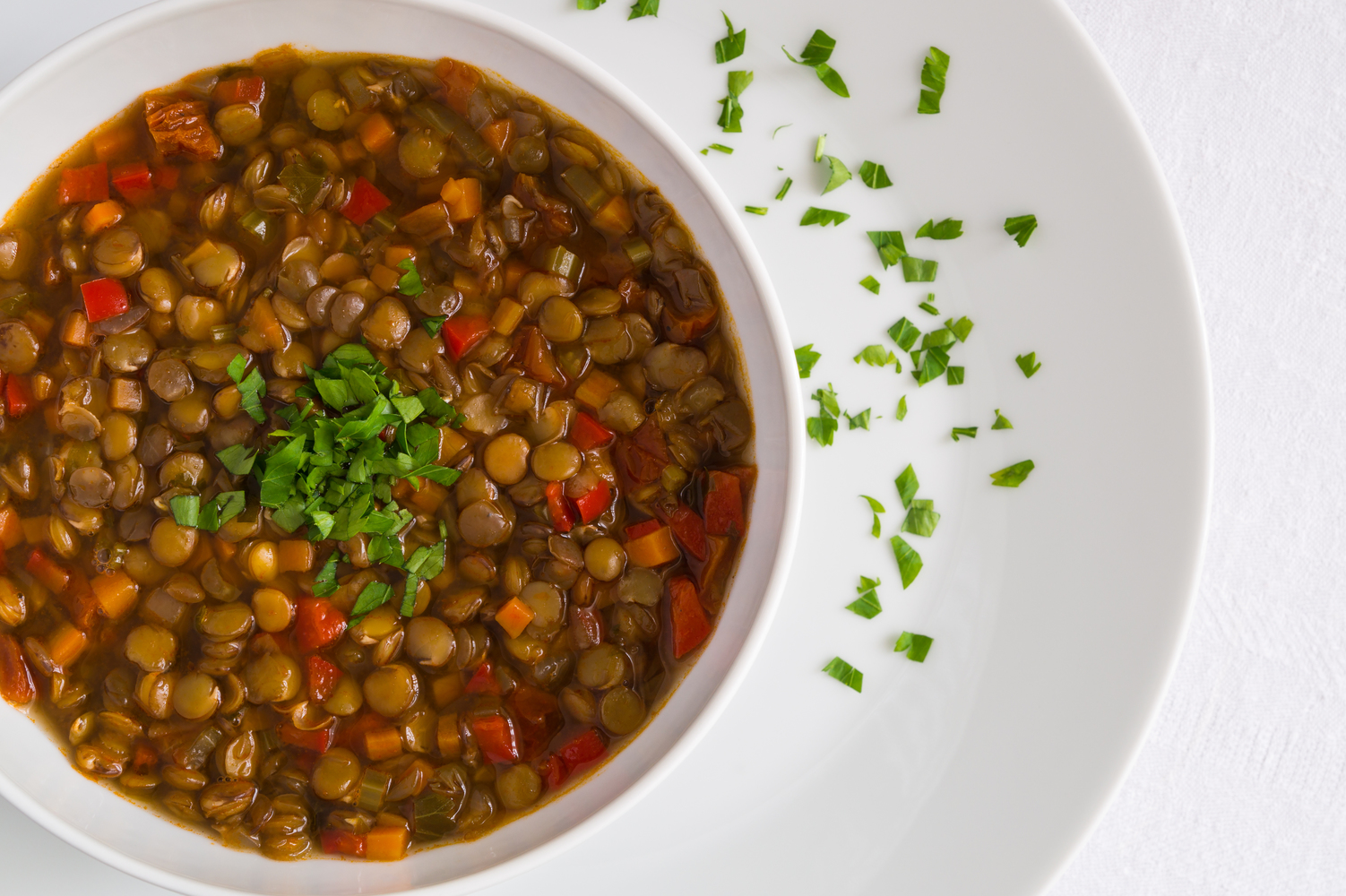
Vegetables to Avoid with Ulcerative Colitis
When you have been diagnosed with ulcerative colitis, watching what you eat becomes essential. UC, or ulcerative colitis, is an inflammatory condition of the rectum and colon, and there is no magic diet that can help you manage this condition. Instead, you should know the foods and vegetables to avoid with ulcerative colitis symptoms. UC is an autoimmune disease where the body starts attacking itself and is one of the inflammatory bowel diseases.
Vegetables to avoid with ulcerative colitis
While there is no theory on what can cause ulcerative colitis, doctors believe that Western lifestyles and diet patterns, genetics, and environmental factors all play a role in developing UC. If you can stick to a healthy, well-balanced diet and know which vegetables to avoid with ulcerative colitis condition, you can be safe.
- Beans/peas/legumes
Legumes like lentils, dried beans, peas, etc. are rich sources of fiber and proteins. However, beans, for instance, have indigestible sugars that trigger gas and bloating. So, when you are going through an ulcerative colitis flare-up, the last thing you need to feel is bloating and gas. This is why you should ideally stay away from soy nuts, soybeans, adzuki beans, chickpeas, etc.
- Fibrous vegetables
Similar to fruits, vegetables can be excellent sources of fiber. However, you should add these to your meals only if they are devoid of seeds or their skins have been peeled off. Moreover, fibrous veggies should be well-cooked before consumption. Raw or uncooked veggies like corn are best avoided as these cause bloating. Canned potatoes and vegetables are safe so long as their skins have been discarded. A good alternative is pureed vegetable soup because it allows you to digest vegetables easily.
- Veggies containing sulfites
Sulfates are found in many kinds of foods like cruciferous vegetables, wine, juices, eggs, dairy milk, dried apples, apricots, cheese, and dates. All foods containing sulfate or sulfur may trigger gas formation. So, it is best to stay away from stringy vegetables like cabbage, cauliflower, broccoli, Brussels sprouts, onions, celery, etc.Triggers will be different for different people, and one needs to maintain a food diary to see which vegetables are triggering UC symptoms in your case. Once you know which vegetables to watch out for, you can stay away from these and look for healthier alternatives. Another crucial dietary advice is to consume small meal portions frequently instead of having three large meals a day. You must also remember to drink lots of fluids because getting dehydrated is common when you have UC. One can lose many body salts and water through diarrhea, and it is essential to replenish this. It is also advisable to avoid caffeine and alcohol since these will make dehydration worse. Fizzy drinks are also best avoided as they can cause flatulence. To make up for the minerals and vitamins you may not be getting through your diet since you have to avoid many types of vegetables, you should ask your doctor about supplements.
